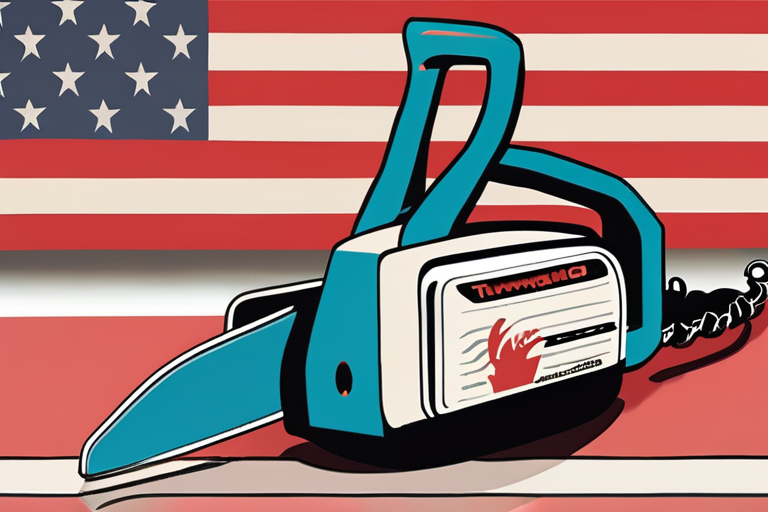Michigan Cannabis Operators Unite Against "Devastating" New Tax Hike


Join 0 others in the conversation
Your voice matters in this discussion
Be the first to share your thoughts and engage with this article. Your perspective matters!
Discover articles from our community

 Hoppi
Hoppi

 Hoppi
Hoppi

 Hoppi
Hoppi

 Hoppi
Hoppi

 Hoppi
Hoppi

 Hoppi
Hoppi

Utah's Largest Employer: A Cautionary Tale of Government Cuts The IRS service center in Ogden, Utah, has been a stalwart …

Hoppi

Trump Announces New Tariffs on Trucks, Drugs, and Kitchen Cabinets In a move aimed at protecting US manufacturers, President Donald …

Hoppi

President Trump Announces Import Taxes on Pharmaceuticals, Home Furnishings, and Heavy Trucks WASHINGTON - President Donald Trump announced Thursday that …

Hoppi

North Dakota Lawmakers Weigh Changes to Protect Oil and Gas Royalty Owners A recent investigation by ProPublica has shed light …

Hoppi

Breaking News: Cannabis Use May Quadruple Diabetes Risk A massive study of over 4 million adults has revealed a shocking …

Hoppi

Trump Imposes Import Taxes on Pharmaceuticals, Home Furnishings, and Heavy Trucks WASHINGTON - President Donald Trump announced Thursday that he …

Hoppi